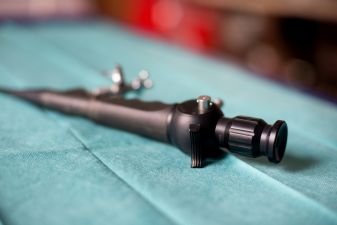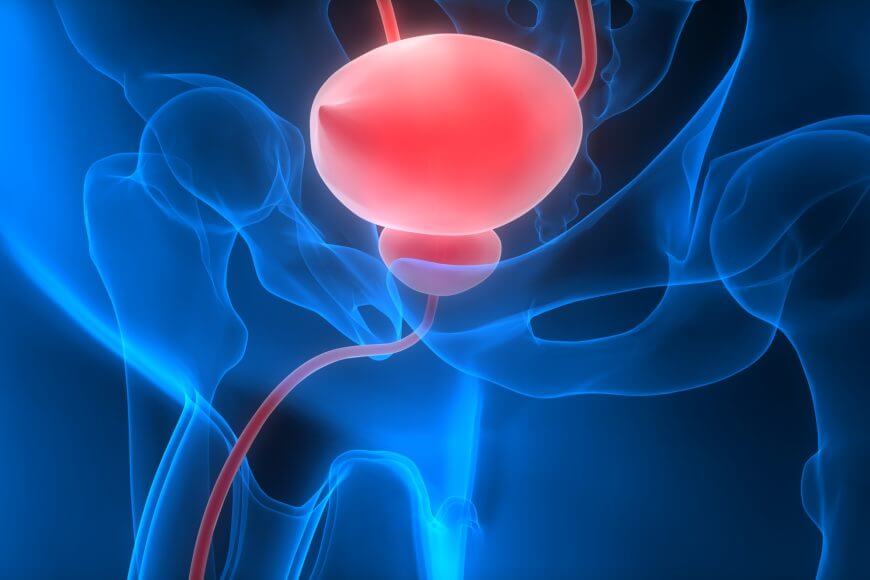Urine is excreted several times a day, is a bodily function that is usually initiated consciously and accompanies us throughout our lives. As long as all functions are normal, one does not concern oneself with the filling and emptying phase of the urinary bladder. However, if there are changes, such as B. in the case of a bladder infection, increased urge to urinate, blood in the urine or worsening of the urinary stream, then this greatly affects the quality of life. Especially with the aging process, problems with urination often occur.
Aging Bladder
The bladder and its function accompanies us for a lifetime – in infancy, parents are happy about the spontaneous emptying of the bladder of their baby, up to the age of 5 children “should” be dry and no longer have unwanted urine leakage. As we grow older, the normal, stable bladder function (filling and emptying function) is of particular importance – urine leakage, regardless of gender, is perceived as particularly annoying, stressful and “embarrassing”.
Urine loss when coughing and laughing (so-called stress incontinence) is mostly an issue in women after childbirth and can be treated very well with pelvic floor training. In the aging process, however, the bladder becomes increasingly “restless” (unstable), so that involuntary urine loss can occur suddenly, regardless of gender. These changes are caused by various mechanisms in bladder function in the aging process and can be treated just as well. However, it must be examined in order not to miss diseases.

Bladder cancer
Changes in bladder function, frequent urination and/or blood in the urine can be caused by malignant tumors in the urinary tract. Risk factors for this are in particular nicotine consumption and regular contact with varnishes. As a rule, these malignant changes are on the mucous membrane surface and can be easily removed. However, it is important that when complaints arise, they are followed up and no time is wasted unnecessarily.
Bladder examination also includes cystoscopy – the bladder is examined with a thin, soft instrument. There is no reason to be afraid of it! Early detection and efficient therapy are important in order to maintain the proper function of the bladder.
First ordination: €200
Follow-up appointment:
€160 to €180,
depending on complexity
Appointments
Please make an appointment by telephone
or in person.


